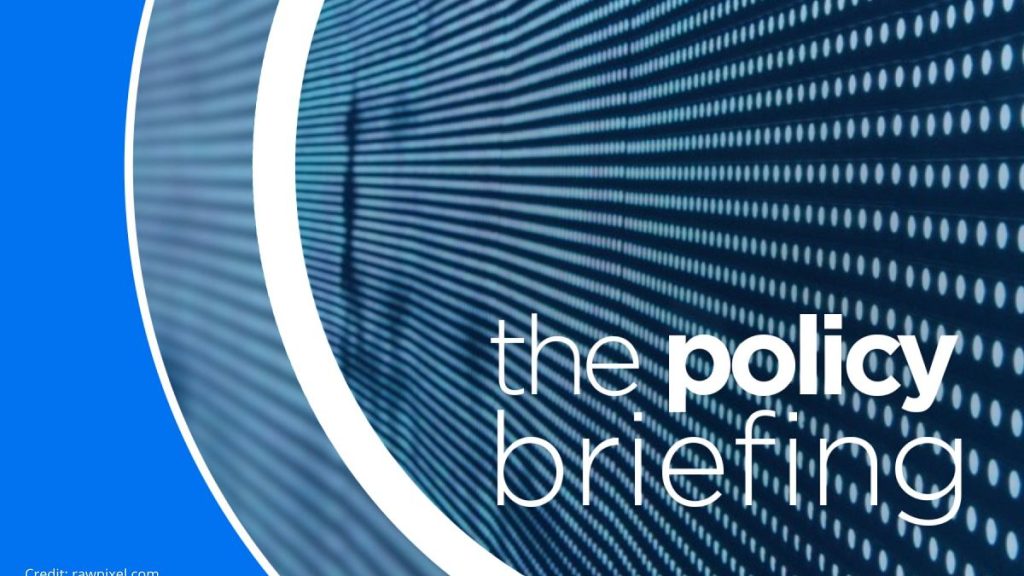This week, there are several key events happening in the EU, as highlighted by senior tech and industry reporter Cynthia Kroet. One important event is the High-Level Conference on Antimicrobial Resistance organized by the Belgian presidency of the Council of the EU. Additionally, online platforms regulated under the Digital Services Act have until Monday, May 6 to submit transparency reports. A report on under-sea mining by NGO Seas at Risk is also expected to be published on Tuesday, May 7.
The spotlight this week is on EU platform rules, particularly on the deadline for the largest online platforms to submit their transparency reports under the Digital Services Act. This is the second batch of reports after strict rules began applying last August to platforms like Facebook, Amazon, and TikTok. Platforms were previously scrutinized for their low number of content moderators in some smaller EU member states, with Facebook having only one employee for Maltese content and three for Estonian content. The latest DSA probes started by the European Commission into Facebook and Instagram’s handling of disinformation and their preparedness for elections have also brought attention to platform accountability.
As the European Parliament election approaches, the Commission is working to ensure platform preparedness for potential risks that could impact election integrity. Stress tests conducted last month aimed to mitigate these risks. However, the Commission is largely relying on the willingness of platforms like Meta (Facebook’s parent company) to comply with regulations, as there is no set deadline for the probes into platforms’ handling of disinformation and election preparedness. This raises questions about the effectiveness of current regulatory measures in safeguarding election integrity in the digital age.
A report by Transparency International EU reveals that MEPs collectively earn over €8.6 million a year from outside jobs, including from private companies that lobby on EU policy. Lithuanian MEP Viktor Uspaskich tops the list, declaring an annual income of €3,000,000 from working for a company called Edvervita UAB. Transparency International EU and other groups have called for a ban on MEPs’ outside employment, as over two-thirds of the 705 deputies have disclosed additional activities alongside their core role. This raises concerns about potential conflicts of interest among EU lawmakers and their political responsibilities.
A policy poll asks whether MEPs elected to the next European Parliament should receive remuneration solely from their salary or from additional side jobs. This poll reflects the ongoing debate around the transparency and accountability of MEPs in their roles as policymakers. It underscores the importance of ensuring that elected representatives are focused on serving the public interest and not influenced by external financial interests. Furthermore, staying informed on the latest EU policy developments, key events, and data trends is crucial for understanding the complex landscape of European rulemaking and policymaking. Subscribe to “The Policy Briefing” newsletter for weekly insights on EU policy issues.













